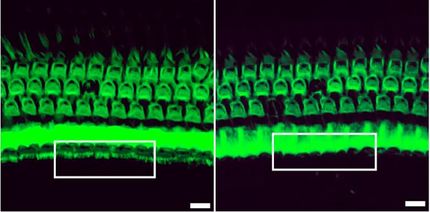Genzyme Announces License Agreement for Exclusive Rights to Lung Cancer Markers
Advertisement
Genzyme Corporation announced that it has entered into a license agreement with the Massachusetts General Hospital (MGH) and Dana-Farber Cancer Institute (DFCI) to obtain exclusive, worldwide diagnostic rights to their discovery of gene mutations recently found in some patients with non-small cell lung cancer.
The presence of these mutations, or markers, discovered in the epidermal growth factor receptor (EGFR) gene, has been shown to correlate with clinical response to certain drugs used in treating non-small cell lung cancer, a deadly form of the disease. Through this license, Genzyme will develop and market a diagnostic test for the EGFR markers that can be used to help identify patients who are most likely to respond to targeted lung cancer therapies, including TarcevaTM (erlotinib) and Iressa® (gefitinib). Responses to these drugs have been found to be positive in those patients identified as having specific EGFR gene mutations. Genzyme's new test will identify patients with those specific EGFR gene mutations, predict the responses to those drugs found to clinically correlate with such mutations and, ultimately, help extend the lives of patients undergoing therapy. Genzyme expects to launch its EGFR mutation test later this year.
The discovery of the EGFR mutations was made by researchers at DFCI and MGH who analyzed tumor samples from lung cancer patients who had responded to tyrosine kinase inhibitors of EGFR. According to their published studies, the majority of patients who had the mutations responded to the therapy, while those who did not have the EGFR mutations did not respond.
Tarceva and Iressa are currently indicated for use in non-small cell lung cancer patients who have failed one or more chemotherapy regimens. Clinical studies of Tarceva and Iressa in the first-line setting are ongoing. Genzyme, MGH and DFCI hope that mutation testing will allow these drugs to achieve approved indications for first-line use in non-small cell lung cancer patients who have the EGFR mutations and are, therefore, more likely to respond to these therapies. Researchers are now investigating the presence of the same EGFR mutations in other tumor types to determine if mutation testing can help bring effective, targeted therapies to patients suffering from other cancers.























































